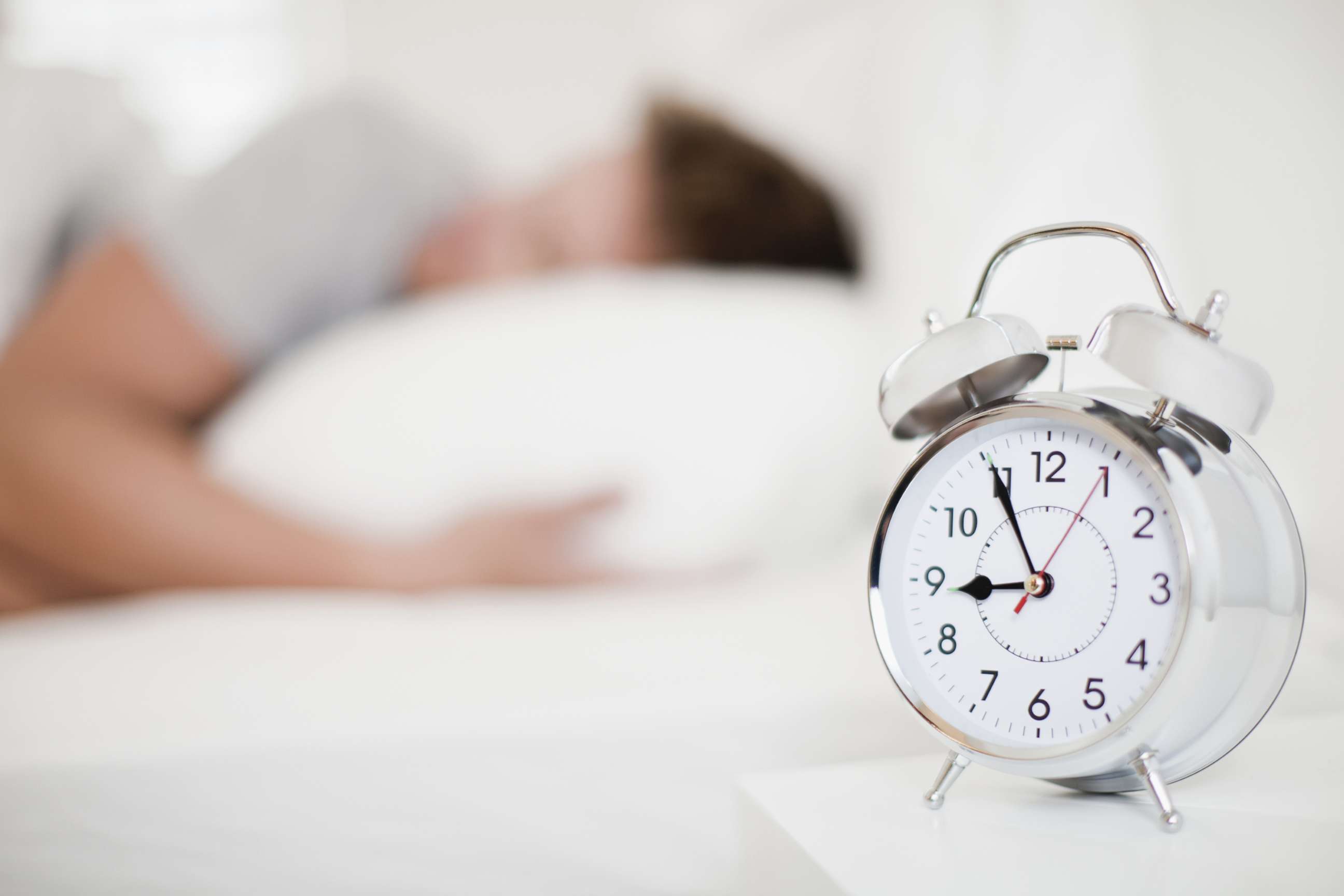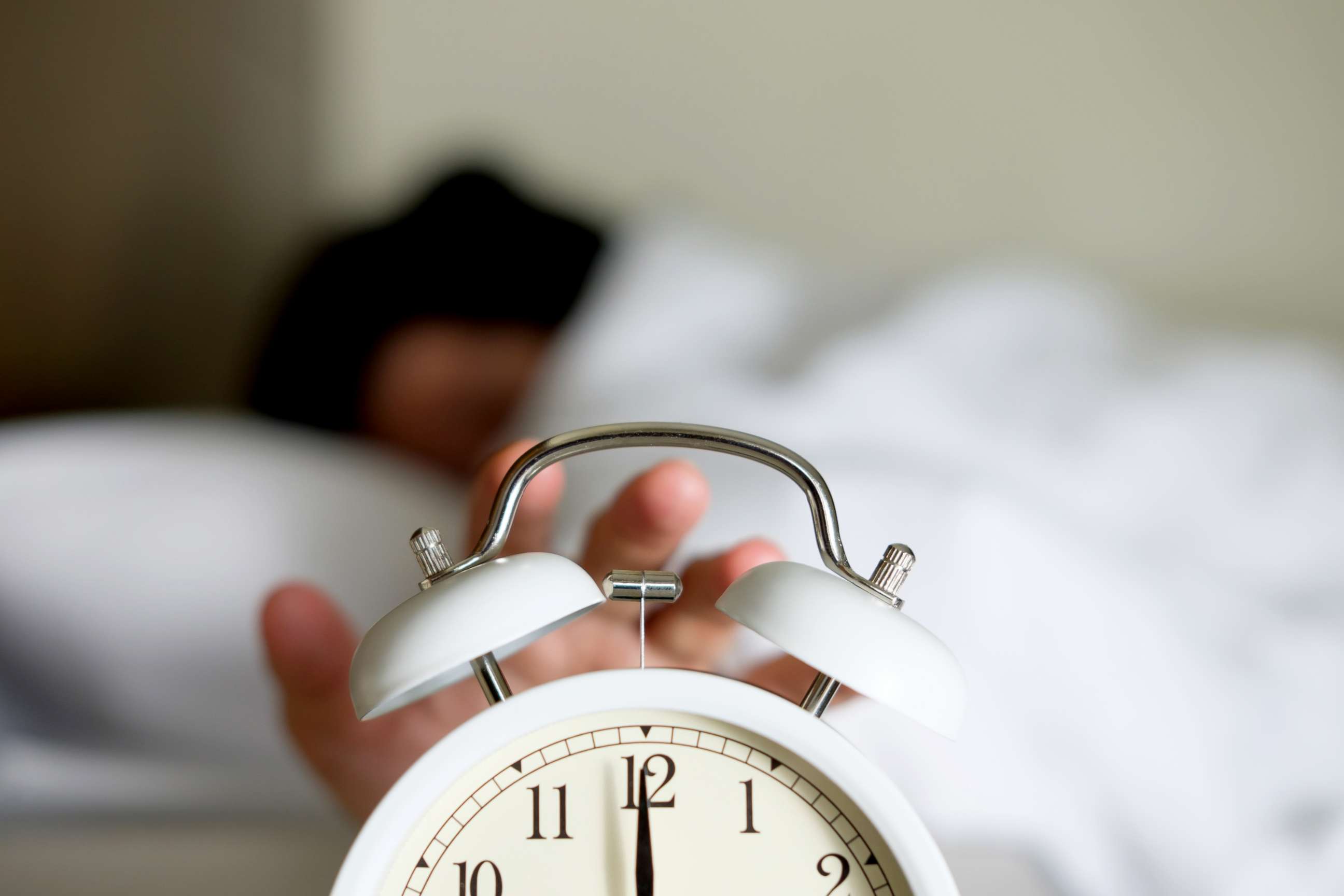Daylight saving time 2019: How it affects your sleep, and tips to adjust losing an hour
It's time to spring the clocks forward. Here are some ways to manage your sleep.
The good news is spring is on the way. The bad news? Daylight Saving Time (DST) starts Sunday at 2 a.m., meaning that our clocks are about to spring forward and you’re about to lose an hour of sleep.
Not everyone will be losing an hour of sleep, though. If you live in Hawaii, Guam, Puerto Rico, the U.S. Virgin Islands, American Samoa and most of Arizona, your clocks will stay the same.
For everyone else, the time change can have a profound effect on the body. Compared to the end of DST in the fall, when we gain an hour of sleep, losing an hour of sleep at the beginning can impact our sleep schedules and how we feel overall.
It takes time to adjust, so here are some things you should know about dealing with the change.
Why do I feel out of whack?
The change to DST can have a negative impact on sleep duration and sleep quality, according to the American Academy of Sleep Medicine (AASM). It can take approximately five to seven days to adjust.
“The change to Daylight Saving Time can disrupt your sleep pattern, making it more difficult to get sufficient sleep for up to a week,” said AASM President Dr. Douglas Kirsch. “This sleep disruption can impair your productivity, alertness and mood, and it may increase your risk of driving drowsy, especially if you don’t get plenty of sleep during the week leading up to the time change.”

And yes, even an hour makes a difference, especially in people who haven’t been getting enough sleep going into Sunday.
“We are creatures of habit. Transitions to new schedules take time. Even a change of one hour can make a difference,” said Rebecca Robbins, Ph.D., co-author of "Sleep for Success" and a post-doctoral research fellow at NYU School of Medicine who identifies strategies for improving sleep and health.
How am I supposed to make up the lost hour?
There is no way for you to make up the “sleep debt” you will experience, but there are several ways for you to ease into the transition.
The best way to help your body adjust will be to start early. The AASM recommends shifting your wake and sleep times by 15 to 20 minutes about two to three days before DST. Get at least seven hours of sleep (for adults) or eight hours of sleep (for children and teens) before and after the time change. You can use the AASM’s bedtime calculator to identify an appropriate nightly bedtime.
Also, be cautious if you have to perform any activities that require maximum alertness, and be aware of how awake you feel for at least seven days after the time change.
How are children affected by Daylight Saving Time?
Children are acutely aware of changes to their sleep schedule. What this means for parents is that it will be important to resist the urge to make significant changes to your daily routines based on how your kids are acting.
Keep your regular bedtime, put the kids to bed at their regular time, and wake up at your regular time. If anything, you could start these routines a few minutes earlier each night, but avoid drastic changes on Sunday itself.

Is there anything I can look forward to about losing this hour?
Understand that this shift in our clocks means there will soon be a shift in seasons for most Americans. Embrace this idea by heading outdoors for some morning sunlight on Sunday. This will also help your circadian rhythm, or internal clock, adjust to the time change.
Warmer weather and longer days give you the opportunity to get outdoors and embrace a healthy lifestyle. Embrace the new time and go to bed early Sunday night so that you can begin Monday with some spring in your step.
You can also look at DST as an opportunity to start anew.
“With the change of seasons ... consider a bedroom refresh," Robbins said. "Is your bedroom cozy and optimized for rest and relaxation? If not, consider refreshing your mattress, pillows, or sheets."
And with March 15 being World Sleep Day, there’s no better time to learn about proper sleep habits and why sleep is so important.
Theresa Scott, DO, MS, is a pediatric resident and member of the ABC News Medical Unit.




